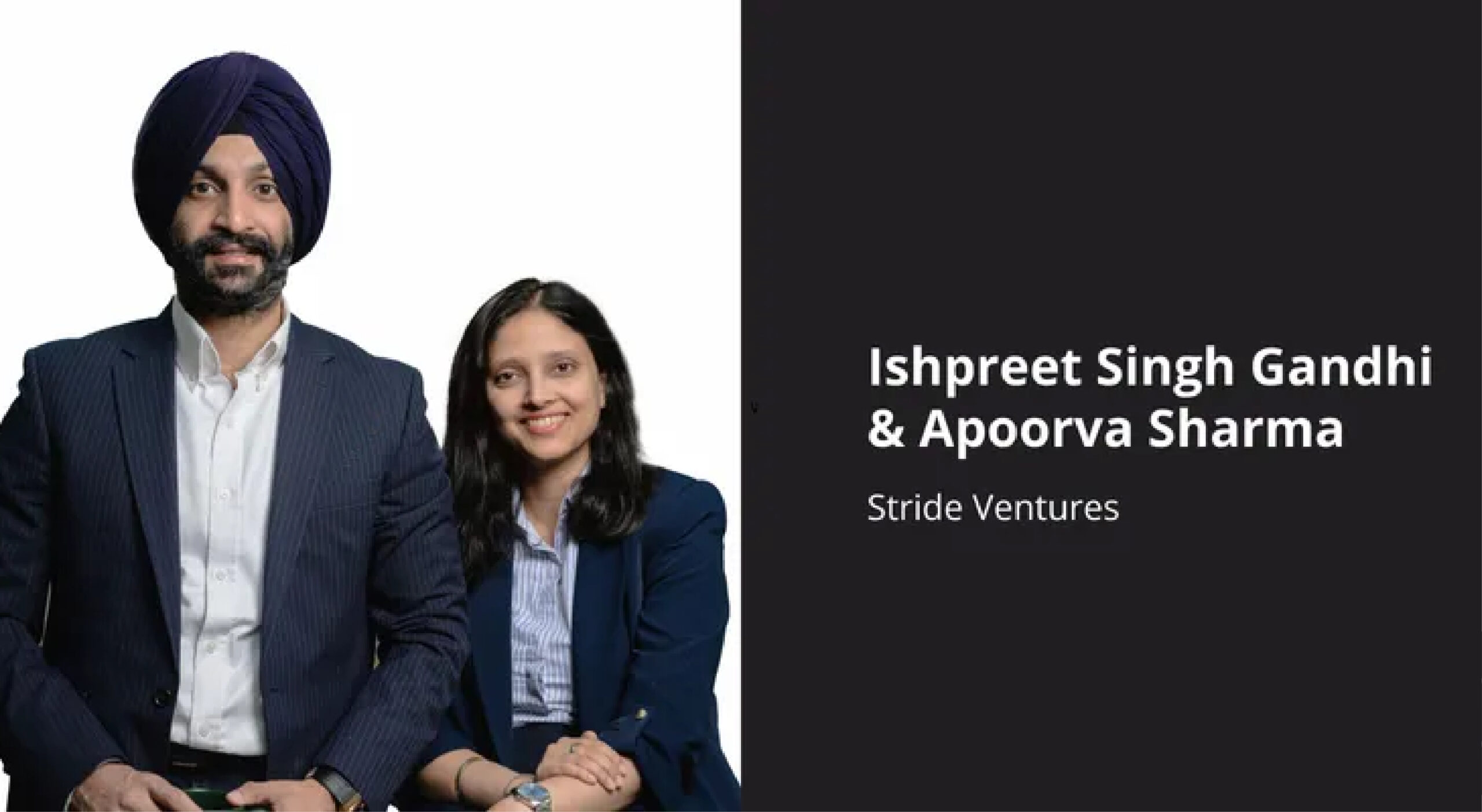Flipkart Dives into Quick Commerce with a Strategic Twist, Partners with Kirana Stores
- ByStartupStory | April 23, 2024

Flipkart, the Walmart-owned e-commerce giant, has announced its foray into the rapidly growing sector under the leadership of Hemant Badri. Badri, who has been with Flipkart for over three years, will continue in his role as SVP and Group Head of Supply Chain while taking on additional responsibilities to drive the company’s quick commerce initiatives.
As the quick commerce space heats up with players like Zomato’s Blinkit, Swiggy Instamart, and Zepto creating competitive pressure through their network of dark stores, Flipkart is opting for a different approach. The company plans to leverage existing kirana stores as fulfillment centers rather than setting up new dark stores.
“Flipkart feels there is no merit in going all out and setting up new dark stores for its quick commerce play. There are a lot of costs and regulatory approvals involved which make no sense right now,” an industry executive familiar with Flipkart’s strategy disclosed to Moneycontrol. The executive further explained, “Flipkart is instead partnering with neighbourhood kirana stores which will double up as dark stores for the company. Flipkart will equip them with technology so they can be fit to meet demands quickly.”
The strategic shift to utilize kirana stores could significantly alter the quick commerce landscape in India. Analysts at HSBC highlighted the transition, stating, “India is likely to graduate directly from unorganised retail (Kirana stores) to quick commerce…this is driven by the fact that quick commerce imitates most attributes of unorganised retail in India.”
Despite the challenges quick commerce faces globally, with companies like Jokr and Fridge No More ceasing operations, the Indian market continues to thrive. This success is attributed to the Indian consumer behavior which prefers frequent and smaller shopping trips compared to the monthly bulk purchases prevalent in the West.
The sector’s potential is underscored by its rapid growth, already capturing about 8 percent of the e-commerce market, with projections suggesting it could represent 20 percent by the end of FY29, according to UBS analysts.
Flipkart’s initiative is set to redefine how quick commerce operates in India, offering a scalable and culturally adaptive model that could set a precedent for future market developments.









